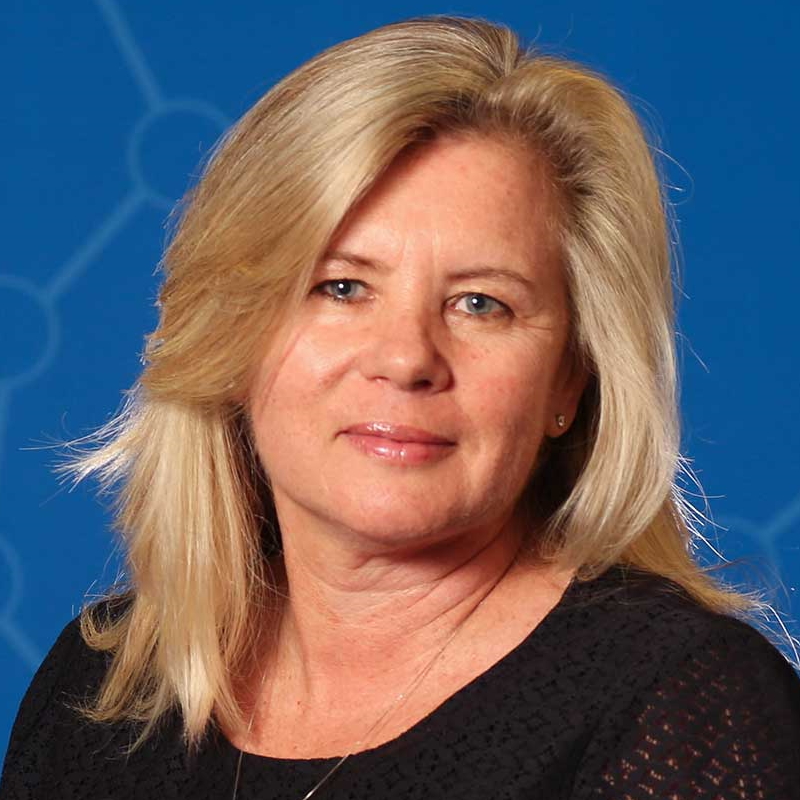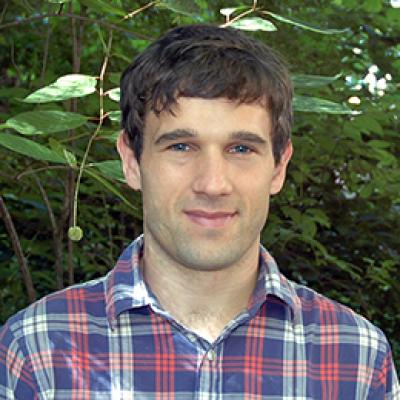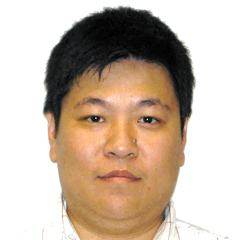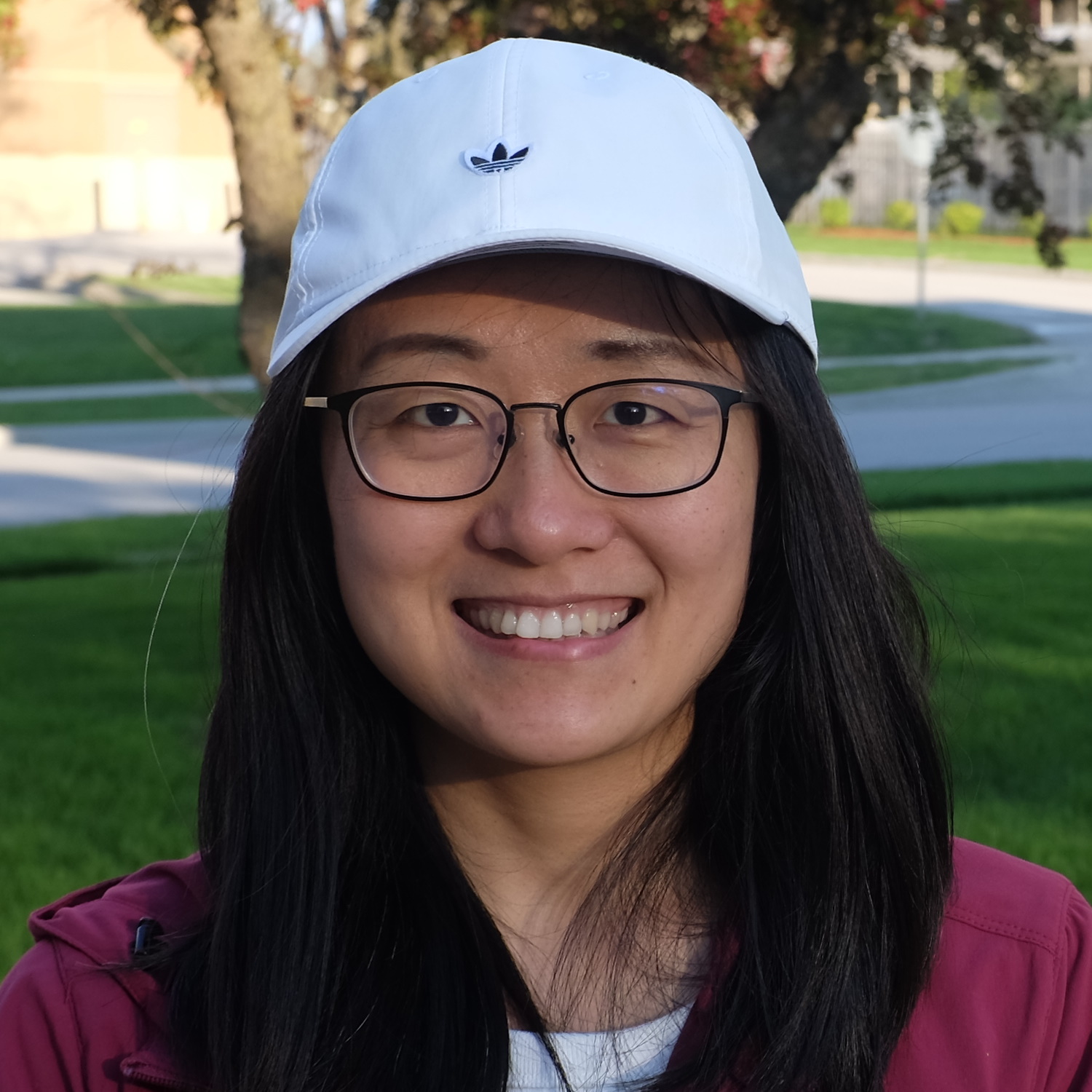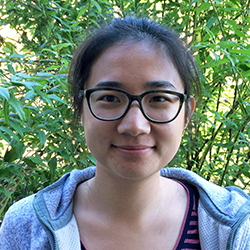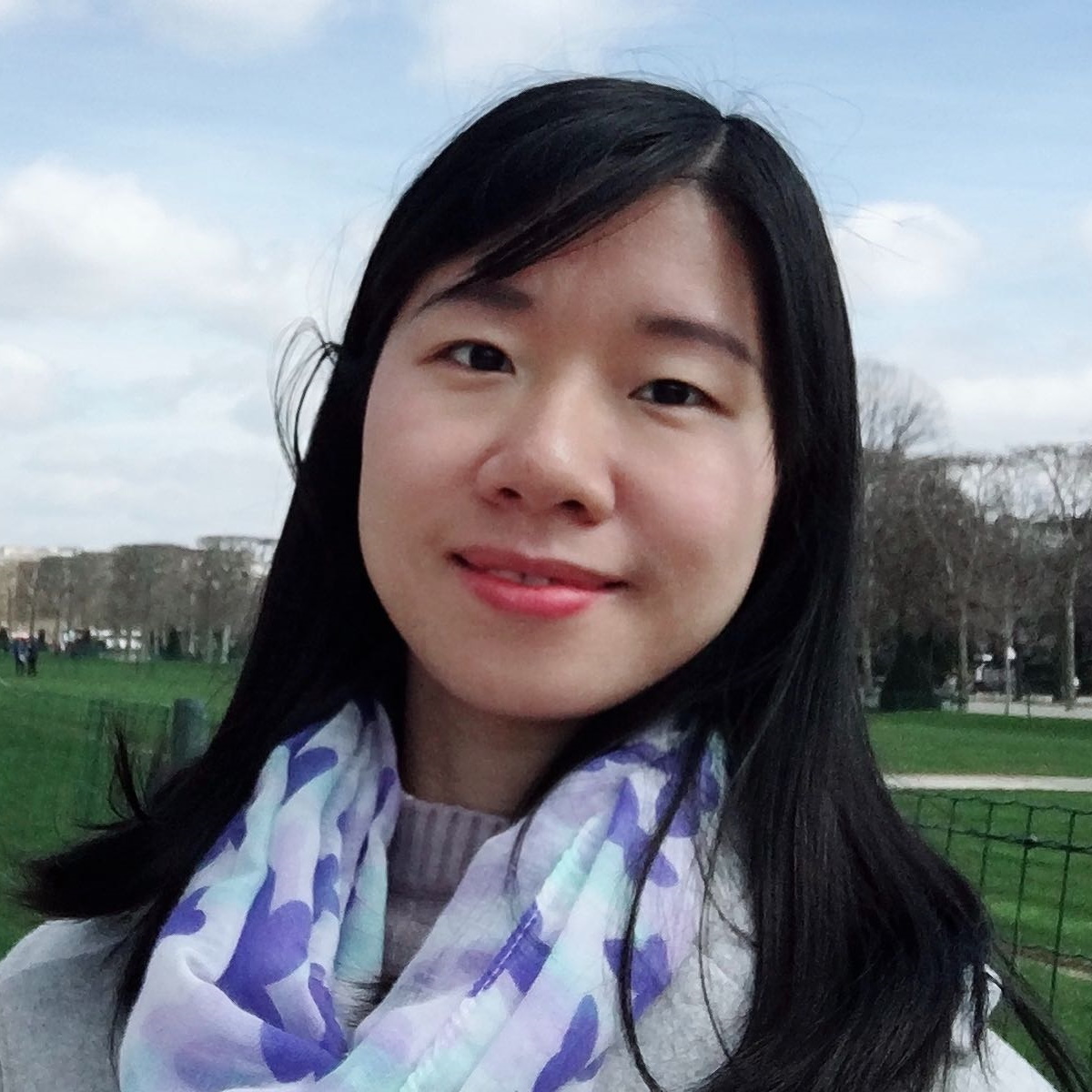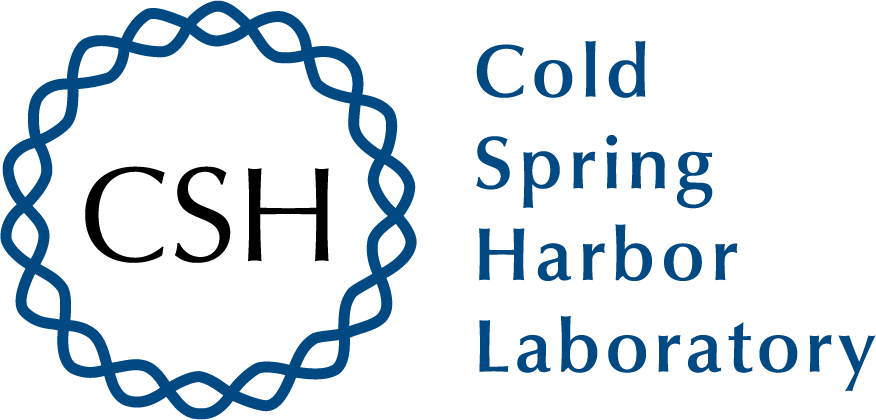Team
Principal Investigators

Matthew Hufford
Associate Professor, Department of Ecology, Evolution, and Organismal Biology, Iowa State University
Collaborators

Carson Andorf
Computational Biologist and Lead scientist, MaizeGDB, USDA-ARS, Corn Insects and Crop Genetics Research Unit, Ames, IA

Ethalinda Cannon
Bioinformatic Engineer, MaizeGDB, USDA-ARS, Corn Insects and Crop Genetics Research Unit, Ames, IA

Candice Hirsch
Associate Professor, Department of Agronomy and Plant Genetics, University of Minnesota

John Portwood
IT Specialist, MaizeGDB, USDA-ARS, Corn Insects and Crop Genetics Research Unit, Ames, IA

Jianming Yu
Professor, Pioneer Distinguished Chair in Maize Breeding, Department of Agronomy, Iowa State University
Staff

Maggie Woodhouse
Computational Biologist, MaizeGDB, USDA-ARS, Corn Insects and Crop Genetics Research Unit, Ames, IA

